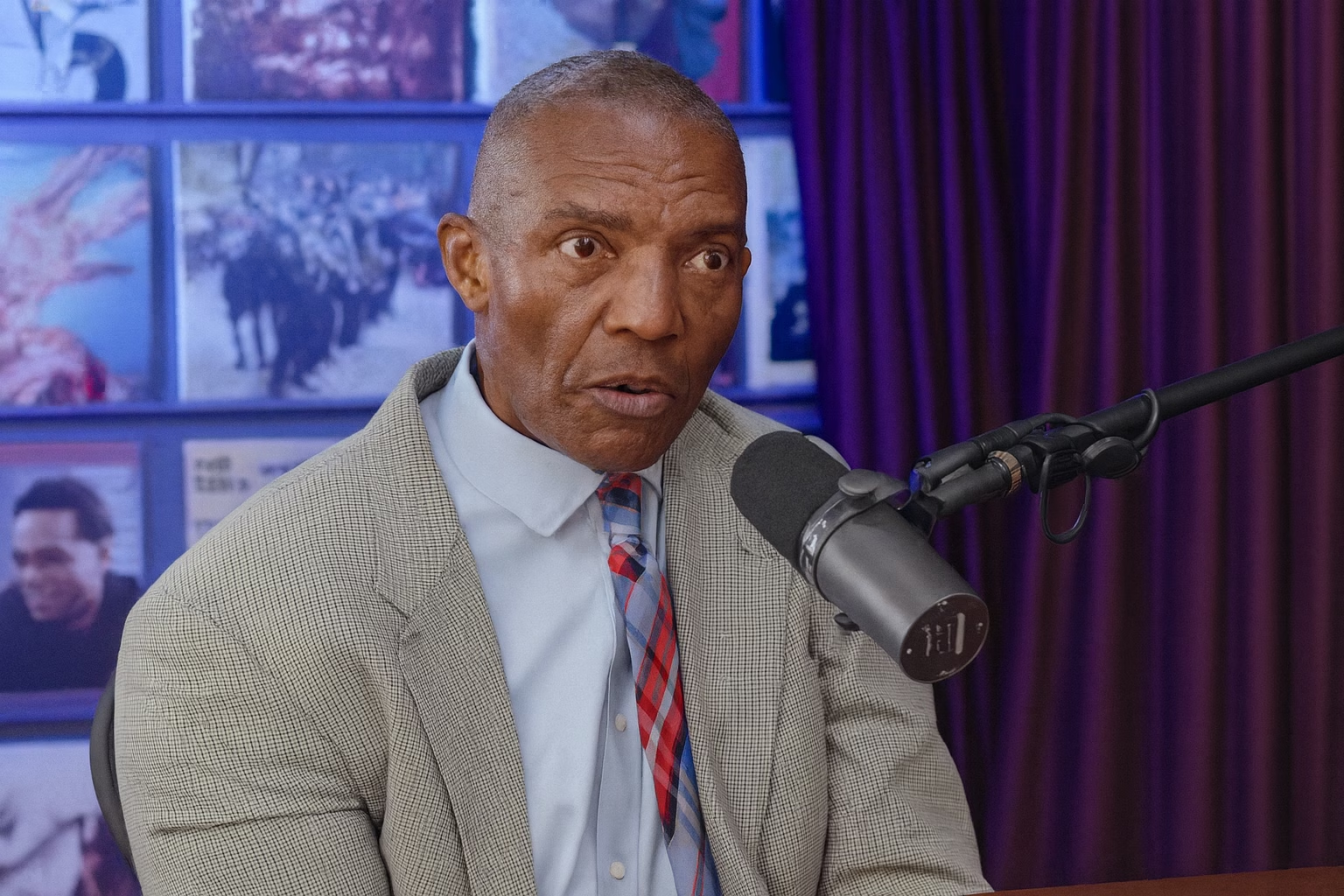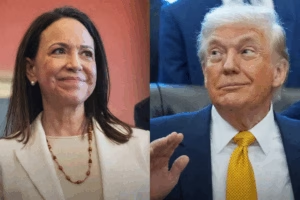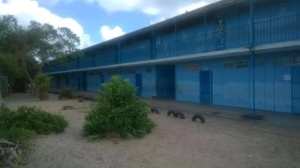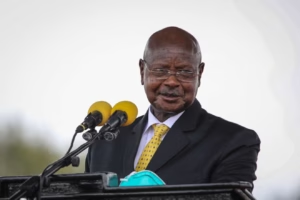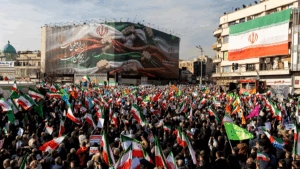The University of Johannesburg has confirmed the resignation of crime expert and private forensic investigator Calvin Rafadi, who was recently implicated in proceedings before the Madlanga Commission. Rafadi stands accused of seeking personal favours from businessman Vusimuzi “Cat” Matlala, who himself faces an attempted murder charge.
University Confirms Rafadi’s Departure
UJ spokesperson Herman Esterhuizen told IOL News that the institution had accepted Rafadi’s resignation after learning of his alleged involvement in testimony before the ongoing inquiry.
He further clarified that Rafadi was not a full-time employee, but rather a research associate attached to one of the university’s research chairs.
Internal Review Under Way
The university has initiated an internal review following Rafadi’s mention during testimony before the Madlanga Commission.
The Madlanga Commission, chaired by Justice Mbuyiseli Madlanga, is probing wide-ranging allegations of collusion and corruption involving senior police officials, prosecutors, politicians, and members of the judiciary.
Details Of Allegations
According to testimony presented before the commission last week, Rafadi allegedly sought a series of favours from Matlala, including financial and material assistance. WhatsApp messages submitted as evidence by a protected witness, known only as Witness X, suggest Rafadi’s alleged “requests” included petrol, diesel, rent payments, car repairs, e-hailing rides, and contributions towards his PhD studies.
These claims were first raised by KwaZulu-Natal provincial police commissioner Lieutenant-General Nhlanhla Mkhwanazi and have since been expanded upon during subsequent hearings.
Witness X resumed testimony on Tuesday, continuing from the earlier evidence given by Lieutenant-General Dumisani Khumalo, the divisional commissioner of crime intelligence, who had previously fallen ill during proceedings.
Broader Implications
While Rafadi’s resignation draws attention to the academic implications of the inquiry, the allegations presented before the commission highlight the growing concerns over ethical conduct among professionals linked to state and academic institutions. The inquiry’s focus on alleged corruption networks across law enforcement and intelligence circles continues to reveal the extent of systemic failures that have eroded public confidence in key institutions.
As the commission proceeds, attention will likely remain fixed on how universities and public bodies respond to figures drawn into its scope, particularly in safeguarding institutional integrity and academic accountability.

